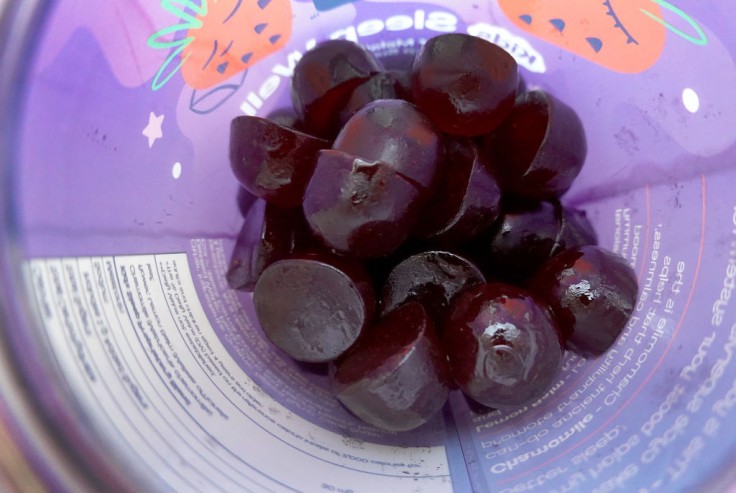
Current research reveals that nearly one in five school-age children and adolescents are commonly using melatonin supplements, a trend raising issues among pediatricians.
Is Melatonin Safe for Children?
Dr. Cora Collette Breuner, a pediatric professor at the University of Washington, conveys caution at the universal usage of this unchecked product.
Melatonin, a hormone produced by the brain to determine sleep-wake cycles, is typically available as a dietary supplement and globally applied as a sleep assistance. However, its management lacks the firmness applied to prescription and over-the-counter treatments.
Lauren Hartstein, a postdoctoral researcher at the University of Colorado, Boulder, has seen a surge in melatonin usage among families while screening for study cooperation.
Surveys conducted by Hartstein and colleagues found that a significant percentage of children, particularly school-age children and pre-teens, were using melatonin regularly, with a quarter taking it nightly.
Dr. Breuner highlights the troubling aspects of this widespread use, noting the lack of data on long-term effects in children. Concerns include potential interference with puberty and glucose metabolism. Furthermore, the disparity in melatonin quantity across supplements boosts safety worries, as some may contain alarmingly high levels of melatonin or other substances like CBD.
Dr. Nia Heard-Garris, a researcher at Northwestern University and a pediatrician at Lurie Children's Hospital of Chicago, recognizes the difficulties faced by parents looking for answers for their children's sleep issues but highlights the significance of prioritizing sleep hygiene. This involves implementing bedtime habits and environmental factors helpful to sleep before considering melatonin use.
While melatonin may be prescribed in specific cases after consultation with a pediatrician, caution is advised due to the risk of overdose and potential side effects, including increased bed-wetting.
Pediatric overdoses of melatonin have risen essentially in present years, prompting recommendations for careful attention and faithfulness to dosage guidelines.
Read Also : Melatonin Makers Recommended To Adhere New Labeling Guidelines Amid Rise in Children ER Visits
Parents Should be Conscious of How Melatonin Affects Children
Parents considering melatonin supplementation should look for products with a USP label, citing third-party testing for purity and precise melatonin content.
The American Academy of Pediatrics suggests melatonin's use entirely as a short-term help for sleep-related concerns in children.
Melatonin, a natural hormone-like element produced by the pineal gland in the brain, adjusts sleep by indicating to the body that it's time to rest. It is available over the counter as a dietary supplement, though its use is not governed by the FDA for sleep purposes.
The heightened popularity of melatonin has led to a rise in poisoning cases among children due to unexpected ingestion. Some supplements may also contain other substances like serotonin or CBD, and mislabeling is not uncommon, with potentially dangerous variations in melatonin levels.
To avoid accidents, it's essential to store melatonin and all medications safely away from children and follow dosage instructions cautiously. It should not change healthy sleep routines but may be considered as a short-term help after advisory with a pediatrician.
While melatonin can help adjust sleep patterns in some cases, its long-term impacts, specifically on growth and development, are not yet fully appreciated.
It may also collaborate with other medications. Building constant bedtime habits and lessening the risks of blue light from screens before bed are essential steps in promoting good sleep hygiene for children.
If sleep concerns continue despite efforts to build habits, consulting a pediatrician is advisable to address any hidden issues.
Related Article: Early Bedtime Habits: 10 Ways Teens Can Improve Their Sleep Schedule